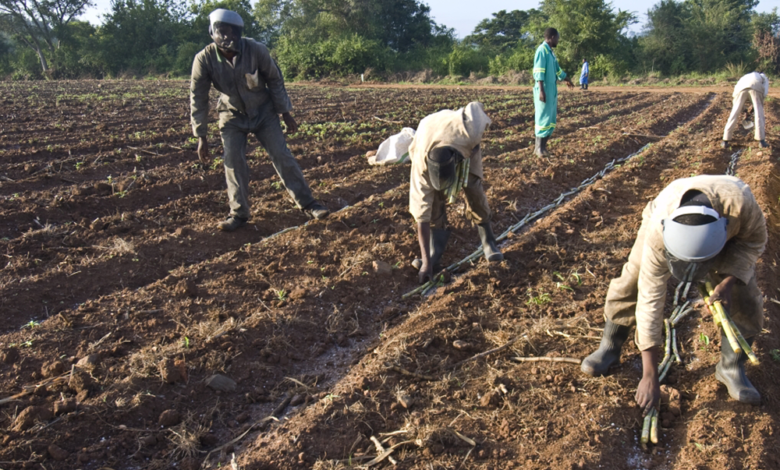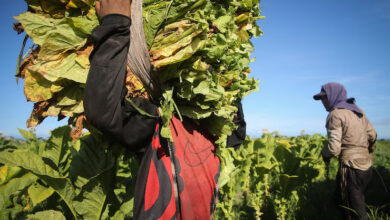Triangle Limited Announces Phased Retrenchment Amid Zimbabwe’s Economic Struggles

In a significant development that highlights the deepening economic crisis in Zimbabwe, Triangle Limited, one of the country’s largest sugar producers, has disclosed plans to reduce its workforce due to severe financial challenges. This decision is a direct response to the escalating operational costs, inflationary pressures, and currency losses that have plagued the nation in recent years.
The company, which operates in the Lowveld region, explained that the retrenchment exercise will unfold in three phases, with completion expected by August 2025. While the exact number of job cuts has not been disclosed, Triangle Limited has committed to providing fair severance packages and support programs to the affected employees.
Tendai Masawi, the Managing Director of Triangle Limited, expressed that the company has been struggling with the soaring costs of key operational inputs, including fertilizer, fuel, and maintenance, as well as the challenges of importing goods and services. Additionally, the removal of VAT exemptions on sugar, the rise in manpower costs, and competition from duty-free imported sugar have severely eroded the company’s profitability.
Masawi further explained that the company’s financial situation had worsened over the past three years, with a 55% decline in profit margins and a 133% increase in manpower costs relative to revenue. “Since 2022, we have not been able to generate positive cash flows, and working capital constraints have forced us to make difficult decisions,” he added.
Triangle Limited’s inability to claim VAT on inputs, following the exemption of sugar from VAT, has compounded its financial woes. This, combined with the volatile economic environment in Zimbabwe, has made it difficult for the company to remain competitive in the region.
The retrenchment exercise, though a necessary step for the company’s survival, is expected to worsen Zimbabwe’s already high unemployment rate. The sugar industry is a major employer in the Lowveld region, and this move could have far-reaching consequences on the local economy.
The Zimbabwean government, which has been grappling with economic instability for years, faces an uphill battle in trying to revive key sectors like agriculture and manufacturing. While measures have been taken to address the crisis, the country continues to struggle with power shortages, a shrinking industrial base, and deep-rooted corruption.
Triangle Limited is wholly owned by Tongaat Hulett, a company that also holds a controlling stake in Hippo Valley Estates. Both companies share ownership of Mkwasine Estate, further solidifying their dominance in the sugar sector. Despite these challenges, Triangle Limited remains committed to its long-term sustainability and to maintaining its position as a leading player in the Zimbabwean sugar industry.
As the retrenchment process moves forward, the company’s efforts to reduce costs and stabilize its financial standing may help it navigate through the current crisis, but the long-term viability of the industry will depend heavily on the broader economic recovery of Zimbabwe.




